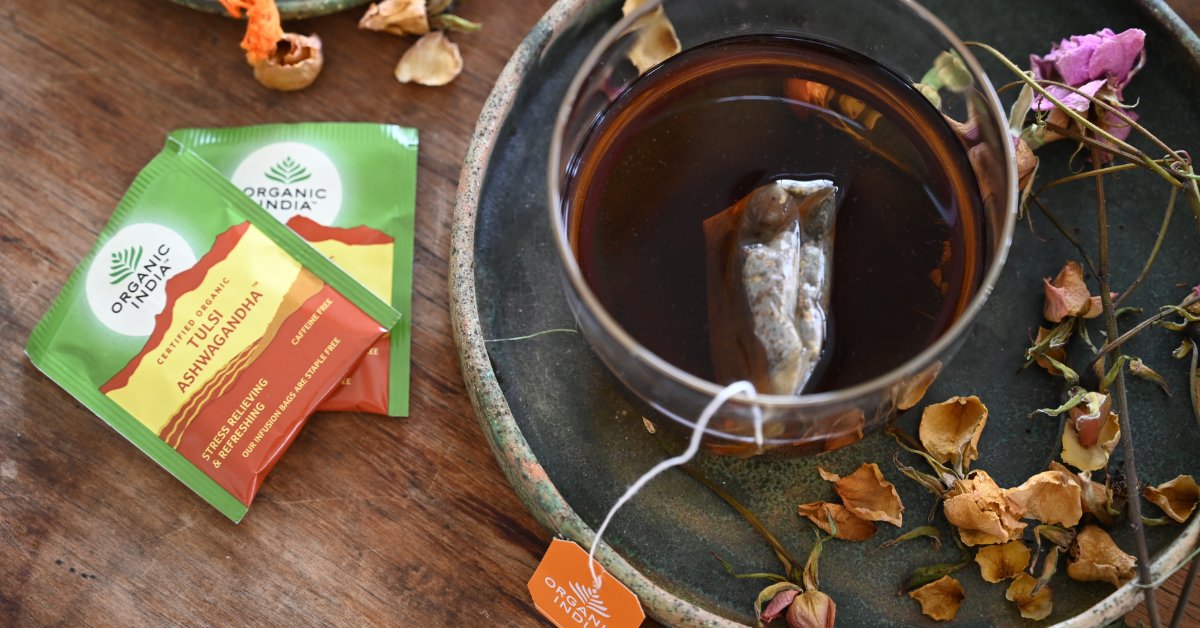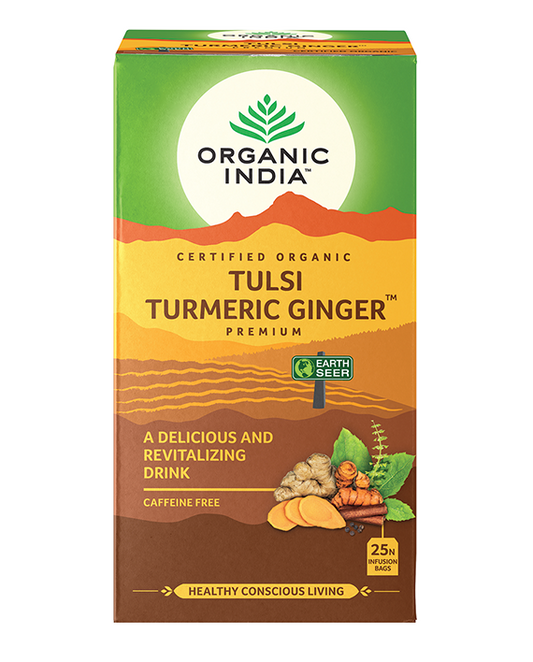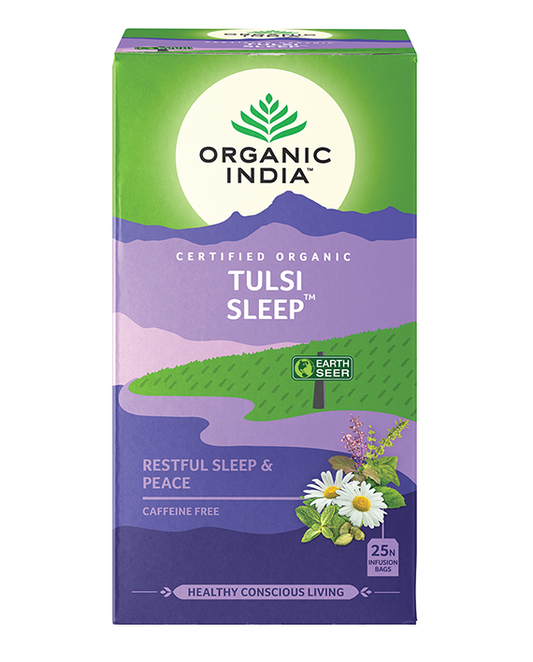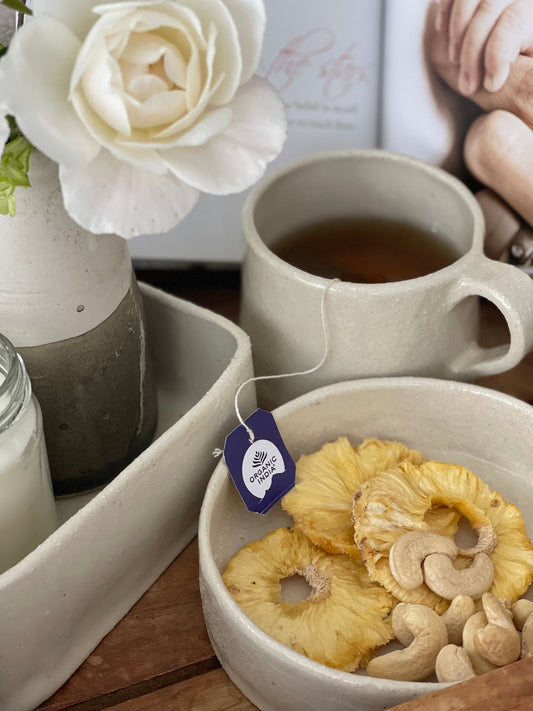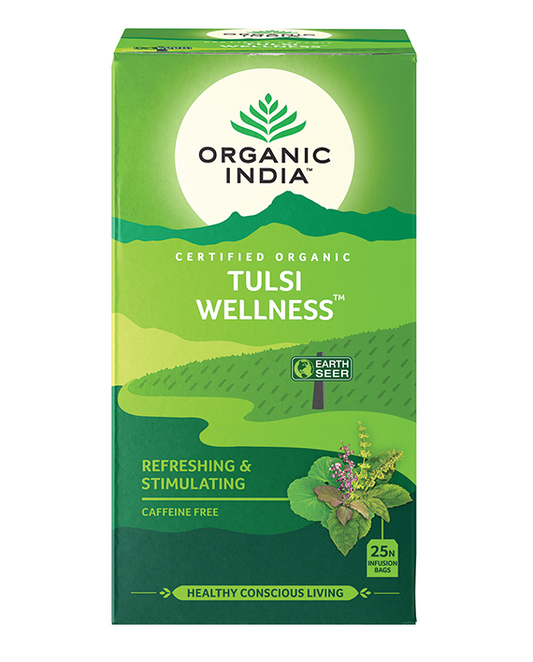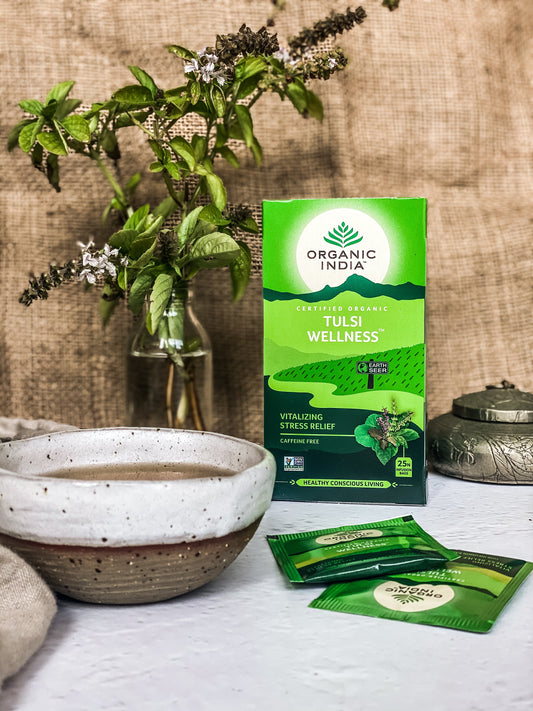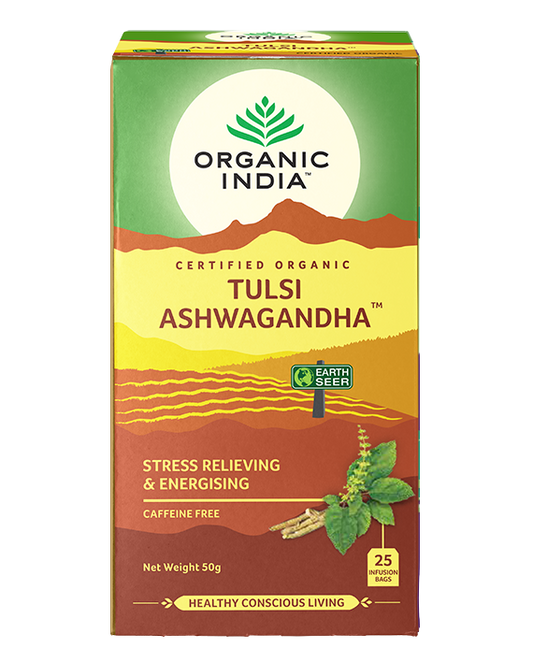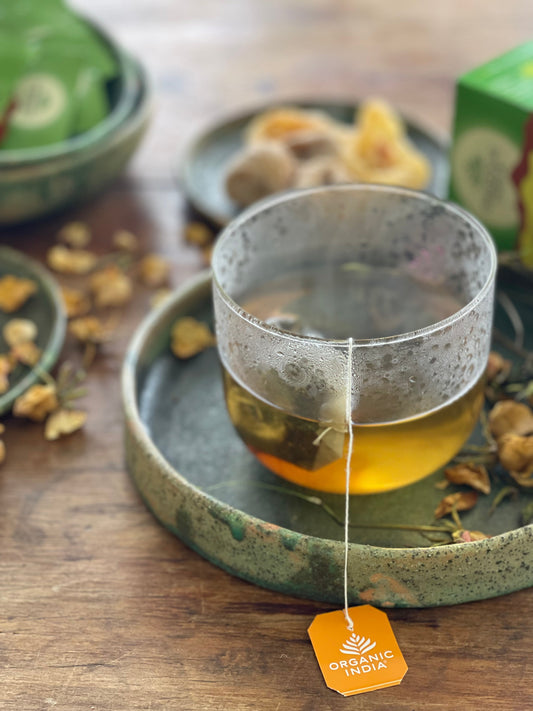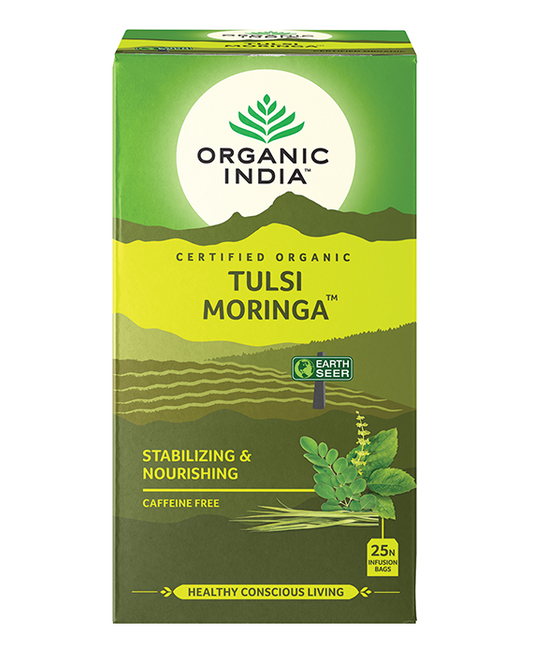As more of us turn to herbal preparations over pharmaceutical medications to help relieve and prevent symptoms and maintain wellness, this area of science is now be studied with greater urgency than ever before.
Perhaps you’ve heard the term adaptogen before but you’re unsure of what it means. You’re not alone. Adaptogens, while fairly common in Chinese Medicine and Ayurvedic Medicine, are still a fairly new concept in the west. But as more research is being done, adaptogens are quickly becoming one of the most important groups of herbs to take in the 21st century. Here’s why:
WHAT ARE ADAPTOGENS?
Adaptogens are a unique class of healing plants. Research shows they help balance, restore and protect the body. But what does that mean exactly? Well think about it this way, when life is coming at you fast, adaptogen herbs have a grounding effect. They assist you in handling external stressors – or situations – in a more harmonious way.
Stress is one of those interesting phenomenons in the body that is incredibly complex and yet surprisingly simple. We’ve all experienced stress as it’s a simple fact of our everyday lives and human nature. Stress can be both good and bad, acute and chronic, physical and emotional. And how we each react to stress varies person to person as well as experience to experience. But through all the stress of everyday life, adaptogens are there to help ground us in taking on what life throws at us. Whether it’s a hectic schedule, challenging relationship, heat or cold, noise, financial worries, high altitudes or any number of other stressors, adaptogens help your body adapt.
This elite class of herbs can give strength, energy, stamina, endurance and improve your mental clarity. In many parts of the non-Western world adaptogens can be used extensively in high-risk, fast-reflex occupations, from athletes to miners to deep sea divers.
Adaptogens don’t have a specific action; rather they help our bodies respond to any influence or stressor, be it physical, mental or spiritual. They support normal physiological functioning within your body and have an overall tonifying effect, benefiting systems throughout the entire body including the circulatory, respiratory, digestive, reproductive and nervous systems.
ADAPTOGEN CLASSIFICATION
According to Dr. David Winston, an expert on Adaptogens, adaptogen must meet 3 specific criteria:
- The substance is relatively non-toxic to the recipient.
- It influences many organs or body systems (non-specific). Then acts by increasing resistance of the organism to a broad spectrum of adverse biological, chemical, and physical factors.
-
It helps modulate system function and maintain homeostasis
These natural wonders have already been scientifically substantiated and in no time they’ll became a household name worldwide.
HOW ADAPTOGENS WORK
Adaptogenic compounds help alleviate the stress response. They work to bring the hormones of your adrenal system back into balance and overcome adrenal fatigue, a common condition of chronic stress. Some adaptogens such as Tulsi-Holy Basil do this by lowering cortisol, the stress hormone.
Elevated cortisol levels and chronic stress can affect every physiological system in your body. It can make you anxious and irritable, lead to weight gain and bone loss, contributes to diabetes and heart disease risk, and depletes your energy levels. Stress also often disturbs sleep patterns, lowers immunity and affects normal digestive functioning. Needless to say, adaptogens naturally help you respond to stress better!
5 ADAPTOGENS TO HELP YOU ADAPT
Tulsi – Holy Basil
Holy Basil or Tulsi is one of the most powerful herbs alive. The name “Tulsi” means “The Incomparable One” because of its unique health benefits. The herb was a staple of Hindu mythology and considered sacred by the Indian royalty. Modern science has shown that this distinctive herb is incredibly good for balancing the mind, body and spirit. Tulsi helps the bodily systems adapt, balance and increase resilience.
PANAX GINSENG
Perhaps the best known adaptogen, Panax Ginseng (Asian ginseng) is also considered one of the most potent. Research has validated Asian Ginseng’s use for improving mental performance and the ability to withstand stress. This red ginseng also has antioxidant effects, antidepressant effects, and can help naturally lower blood pressure and blood sugar levels.
ASHWAGANDHA
One of the most powerful herbs in Ayurvedic healing used since ancient times for a wide variety of conditions, Ashwagandha is most well-known for its restorative benefits. It’s frequently referred to as “Indian ginseng” because of its rejuvenating properties, even though botanically, they are unrelated. This adaptogen is traditionally prescribed to help people strengthen their immune system after an illness.
RHODIOLA ROSEA
The herb, Rhodiola rosea is remarkable plant with a wide history of uses. Rhodiola rosea strengthens the nervous system, fights depression, enhances immunity, elevates the capacity for exercise, enhances memory, aids in weight reduction, increases sexual function and improves energy levels. Its anti-stress and fatigue-fighting properties make it one of the most popular botanicals in all of Siberia.
LICORICE
A mild, warming herbal adaptogen, Licorice reduces stress by nourishing weakened adrenal glands, lowering cortisol levels, and helping balance the immune system. Licorice helps heal gastric ulcers and irritable bowel syndrome due to its moistening qualities. It reduces coughs and histamine production, the substance behind inflammation. Licorice is often found in herbal formulas (5-10%) because it tastes good and moderates the effects of stronger herbs.
Currently there are about 13 agreed upon plants classified as adaptogens, with further research being done every day. If you’d like to learn more about adaptogens and Herbal Medicine. Look out for our range of certified organic Tulsi tea in health food stores and independent grocers throughout Australia.
